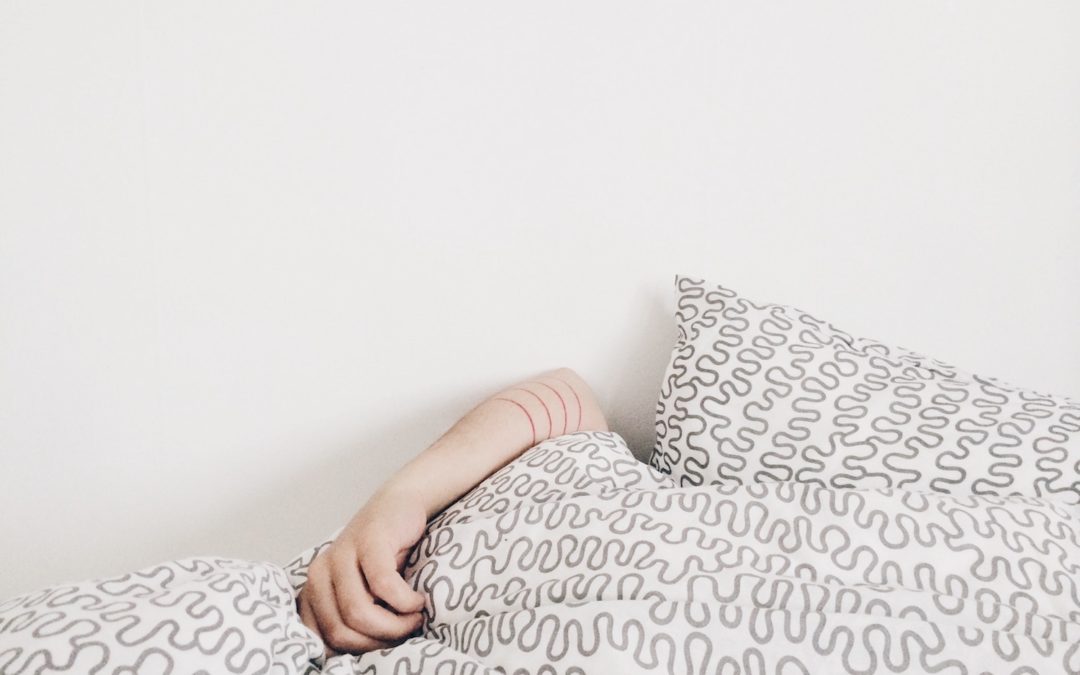The stereotypical lifestyle of fast food, late nights, cigarettes, regular consumption of alcohol and other substances will eventually take its toll and unravel good health. One devastating symptom suffered by many in our industry is insomnia.
Insomnia is most commonly caused by anxiety, stress and depression. However insomnia can also be caused by having unhealthy sleep habits and not practising good ‘sleep hygiene’.
Those in the music industry are particularly susceptible thanks to an abundance of insomnia-inducing factors such as late night gigs, high-stress work, alcohol consumption, frequent travelling or working late in front of a screen.
If you’re experiencing insomnia on a regular basis, the first step to recovery lies with resetting your circadian rhythm. Circadian what? Circadian rhythm is the biological mechanism that controls our sleep cycles.
When this rhythm is functioning optimally you naturally become tired in the evening and wake at a regular time in the morning. This is due to a very delicate balance of hormones being secreted in perfect timing. Melatonin for sleeping and cortisol for waking.
If you’re experiencing insomnia on a regular basis, the first step to recovery lies with resetting your circadian rhythm.
Although we can’t always avoid having to attend late night gigs, there are some things you can actively do to preserve and reset your precious circadian rhythm.
- Ensure you get some natural light into your eyes during the day. This simple but effective strategy activates the pineal gland and tells your body to produce the right hormones at the right time. If you are inside all day without sunlight your body won’t actually know it’s daytime.
- Although alcohol is commonly used as a sedative, in actual fact it denies us adequate REM sleep, which is essential for brain function and memory. Although it might work in the short term avoiding using alcohol to induce sleep is advisable, as is drinking in moderation.
- Limit exposure to computer screens in the hours leading up to sleep time. If you must use them then install an app such as f.lux, which removes the harmful blue light and replaces it with a muted orange glow. This is less likely to trick your body into thinking it’s still daylight.
- Eating well and during the daytime hours is important for maintaining your rhythm. Digestion and metabolism can interfere with sleep so avoid late night meals and snacks.
- Try to keep your rhythm as regular as possible. If you have late night gigs on the weekends, then getting to bed as close to your regular bedtime as possible is ideal. If you do have an exceptionally late night, try to return to your regular cycle as quickly as possible so that your body clock doesn’t adjust too significantly. The longer it is out of balance, the harder it is to reverse.
- Creating a relaxing bedtime routine can help. A cup of herbal tea such as chamomile, some soft music, a warm bath or a hot water bottle and a few minutes of light reading can help create a pleasant atmosphere for sleep.
There are natural supplements such as St Johns Wort and Melatonin that can help you get relief, but if your insomnia becomes severe or debilitating it’s important to see a doctor to rule out anything more serious such as sleep apnea.
I speak from experience in saying that it’s possible to have this serious condition without any obvious symptoms such as snoring, and it can be dangerous if left untreated.
Although many of us in the music industry can really struggle to get a decent nights sleep, with the right effort relief is possible.
It’s so hard to function and kick goals without adequate sleep so take care of that circadian rhythm of yours and you’ll feel a whole lot better.
Sign up to the Mojo Bullet mailing list to receive ongoing career advice and up-to-date strategies for running a creative business in the new music industry.

